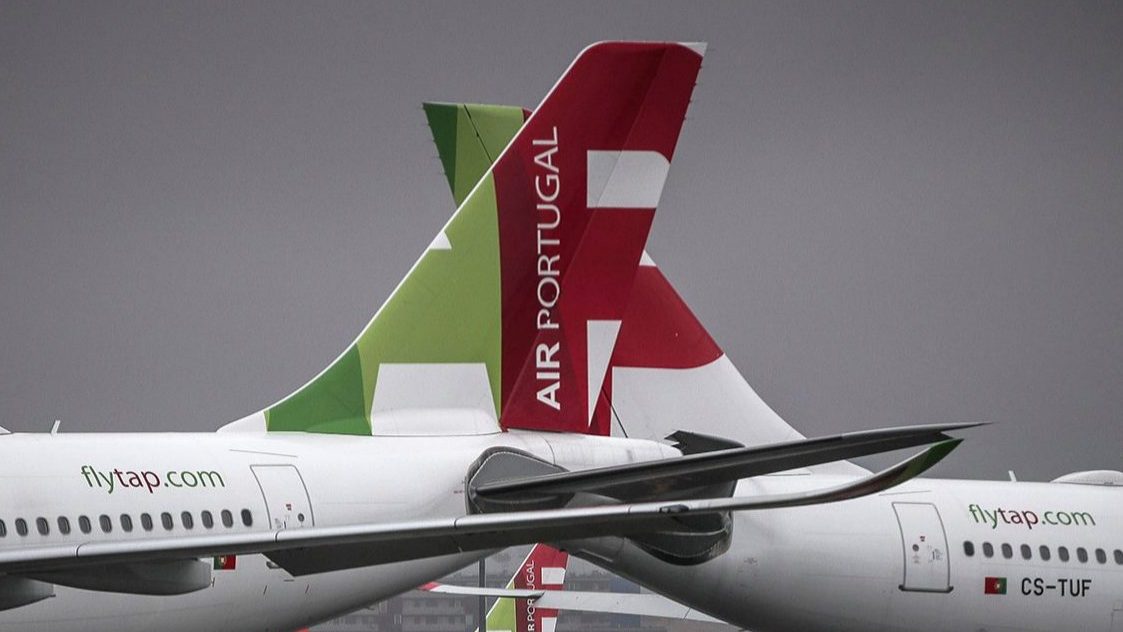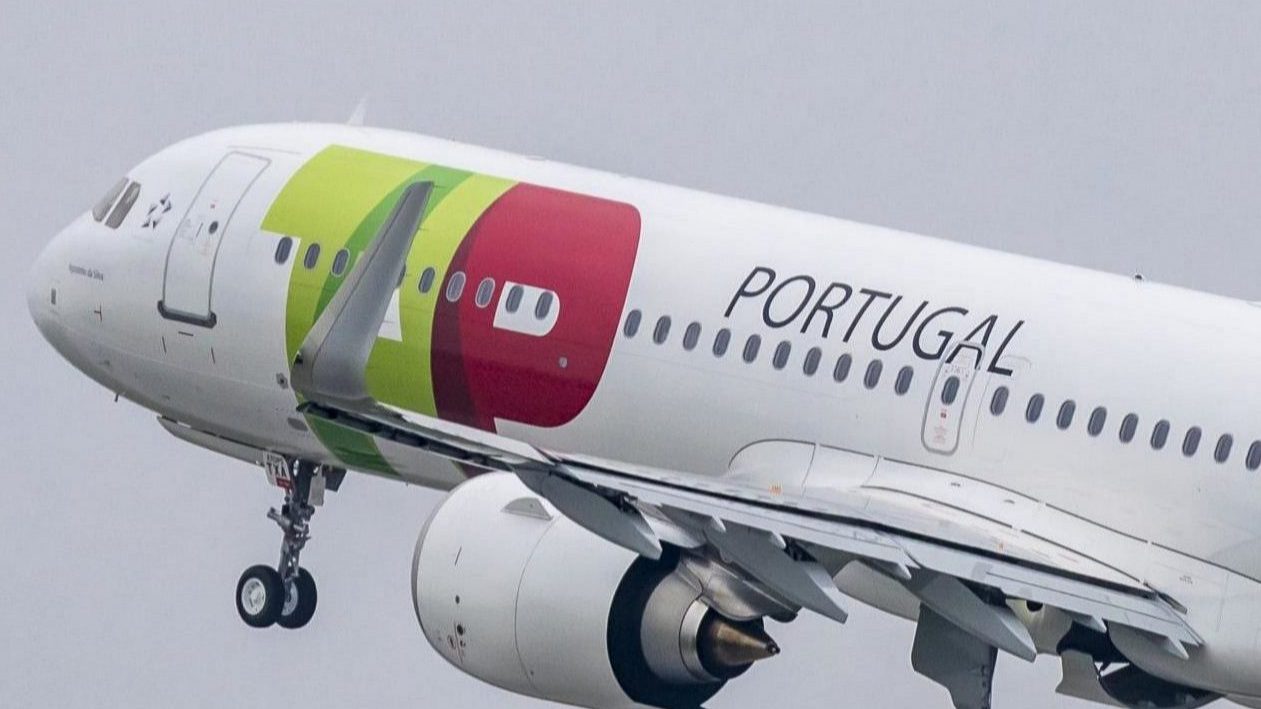Neeleman’s agreement’ with Airbus was for someone to pocket money
The contract for the purchase of the Airbus 350 aircraft provided "prices were quite favourable for TAP," but another agreement ended up being made between David Neeleman and the French manufacturer.
The coordinator of the TAP Workers’ Commission, Cristina Carrilho, said on Thursday that she was sure that David Neeleman’s “deal” with Airbus was for someone to “pocket money” but not the Portuguese airline.
“Regarding the ‘agreement’ – I don’t call it a deal – of David Neeleman, at the time, what we knew is that he had made an agreement with Airbus so that TAP, instead of the A350s, would receive the neo and the A350s would go to Azul. This is what we knew. We never knew the ins and outs of the deal, the amounts, how much it involved. However, we also said at the time, for sure, someone in this agreement was pocketing money and it is not TAP,” said Cristina Carrilho at the TAP commission of enquiry.
The coordinator of the TAP Workers’ Commission was responding to questions from Mariana Mortágua, a member of the Portuguese Freedom Party, about the so-called Airbus funds, which, as has been reported, were used by the Atlantic Gateway consortium, of David Neeleman and Humberto Pedrosa, to capitalise TAP at the time of its privatisation in 2015, allegedly with funds from the airline itself.
Cristina Carrilho also pointed out that the contract for the purchase of the Airbus 350 aircraft provided “prices were quite favourable for TAP,” but another agreement ended up being made between David Neeleman and the French manufacturer.
When asked about the service contract with former director Fernando Pinto, with the payment of €60,000 a month for two years for consultancy services, Cristina Carrilho said that the situation is not unprecedented and that it had already happened with a former financial director.
“If he [Fernando Pinto] did any visible work, I can’t say, but that I saw him once at TAP, I did. If he was working, if he was visiting, what he was doing there, I don’t know”, she said.
In relation to TAP’s business in Brazil, which the airline decided to close last year, the coordinator of the TAP Workers’ Commission said that the reasons given by the company for not closing down earlier were related to the “very strict legislation” in Brazil, which makes it difficult to close a business.
Asked MP Filipe Melo about the lack of workers, which leads to the payment of compensation for cancelled flights, Cristina Carrilho said that at the time of the redundancies, the airline’s management had been warned that this situation could occur if the recovery from the pandemic happened faster than they were forecasting.
“The response was: ‘the workers we are going to be left with are oversized for 2021 and adjusted for 2022′. It shows,” Cristina Carrilho said, in an ironic tone.
These redundancies, she said, “had a major impact on TAP’s operations”, with the company currently struggling to hire workers due to the wage cuts still in place. “Nobody wants to go and work for TAP with the salary conditions that the airline offers,” she added.
Questioned by socialist MP Fátima Fonseca on the channels of dialogue between the TAP Workers’ Commission and the administration and how they worked the workers’ representative said that there had been no dialogue with the Executive Committee, although they meet once a month as provided for by law, and that with the former Chairman of the Board of Directors, Manuel Beja, there was no meeting, only a phone call to introduce him.
In relation to the payment of bonuses to senior managers, Cristina Carrilho said that these payments are “common knowledge among TAP workers”, although they have no proof.
“It’s all done in secret, under the cloak of secrecy, some may even come from a slush fund, so it’s not divulged, neither to the Workers’ Commission, nor to the unions”, she stressed.
The coordinator of the Workers’ Commission told the Communist MP Bruno Dias that the Workers’ Commission was not involved in discussions about the restructuring plan and had only been presented with “a power point” prepared by the consultancy firm BCG.

